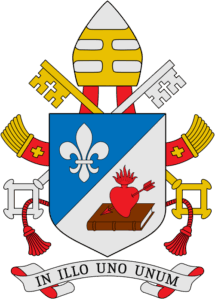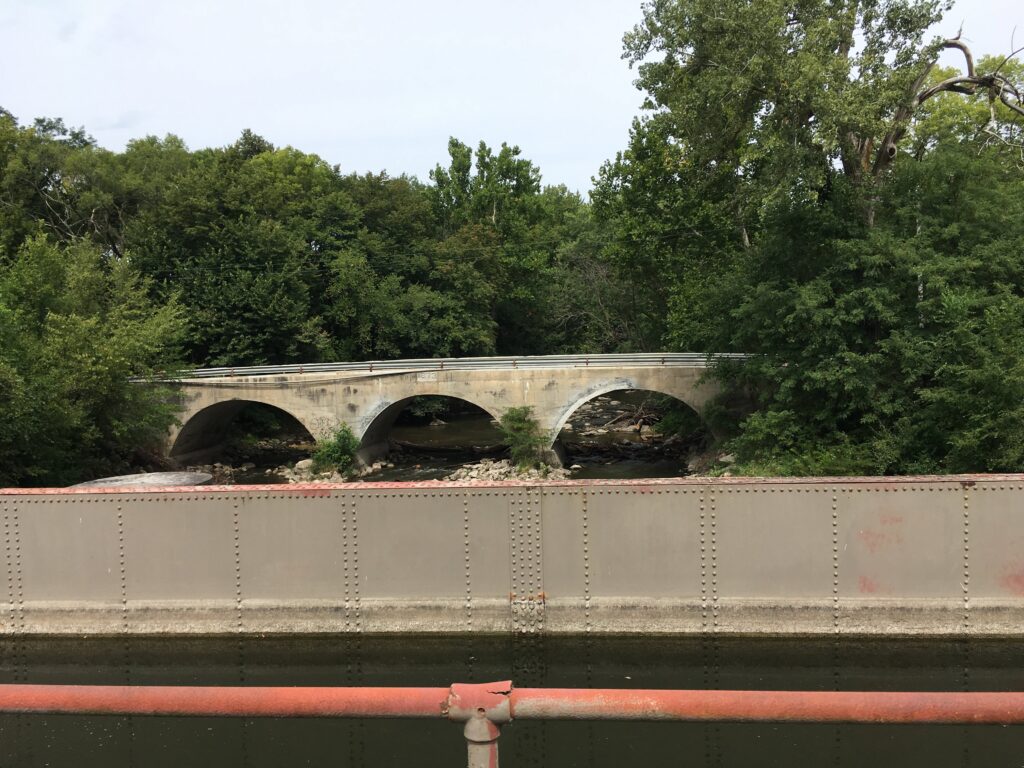By Sister Barbara Blesse, OP
Do you recall where you were the day Pope Leo XIV was elected? A citizen of the United States and Peru, Augustinian friar Robert Francis Cardinal Prevost, born in Dolton, Ill., was chosen by the College of Cardinals May 8, 2025, to succeed Pope Francis. The shock and joy of the election of a U.S.-born pope permeated conversations for many days afterwards. The “six degrees of separation” theory of a small-world network clicked in immediately. A priest well known in Southern Illinois shared that he was a close friend of “Bob’s,” having gone to high school and college with him. Graduates of Catholic Theological Union smiled broadly as they realized Pope Leo had attended the same school they had. South Americans remembered his missionary presence in Peru. The excitement was palpable and seemingly a clear indication that the Holy Spirit still had surprises in store for God’s people.
By the time this publication is in the hands of its readers, Leo XIV will have been pontiff for more than 150 days. Already his influence is widespread. His compassion for those on the margins and for those who suffer is evident in his outreach to the people of Gaza and Ukraine and the families and friends of the victims of the Annunciation Catholic school shooting in Minneapolis.
What matters to Leo?
Besides being a Chicago White Sox fan, a tennis enthusiast, and a daily Wordle player, what else is important to Leo?
OCIA teams (Order of Christian Initiation of Adults) recently received a few hints from Nick Wagner and Diana Macalintal, co-directors of a ministry support program, Team Initiation. Having studied Pope Leo’s first address to the cardinals after his election, they reflected on some of the priorities they gleaned from his talk:
- Most essential is to proclaim Christ and Christ’s love for us which involves not only teaching and learning about Jesus but also falling in love with the Lord.
- That the missionary conversion of the entire Church encompasses radical hospitality towards all.
- Walking together as a synodal Church requires listening intently before we speak, transparently sharing our insights, and fully welcoming input offered by others.
- Listening to the People of God whose experiences contribute to the collective wisdom, the sensus fidei, of the Church.
- Loving care for the least and the rejected, especially those on the peripheries who suffer.
- Close to his heart is that God’s people do all in their power to bridge divides in our complex world.
From his public comments, Catholic Social Teaching also plays a significant role in his perspective as he challenges all to respect the dignity of all Earth’s inhabitants, to care for creation, to reject war, and to work non-violently towards lasting peace.
The title pontiff carries a centuries-old unique connotation: the pope is called to be a “bridge builder.” Pope Leo has claimed this role and tasks God’s people to do the same in every aspect of Church and society. In Illo Uno Unum, or “In the One, we are one” is the pope’s motto, suggesting that as pontiff he envisions bringing the faithful together in Christ as a sign of the Church’s unity. He is doing this by urging the baptized to engage in dialogue and encounter in trust not fear, and in genuine openness to the Holy Spirit’s presence in others.
 As did Pope Francis, Leo holds fast to the principles and teachings of the Second Vatican Council. He values the synodal process—the way the baptized walk together as pilgrims to help the Church move forward.
As did Pope Francis, Leo holds fast to the principles and teachings of the Second Vatican Council. He values the synodal process—the way the baptized walk together as pilgrims to help the Church move forward.
According to the Vatican’s Central Office for Church Statistics, in 2025, there are approximately 1.4 billion baptized Catholics. How does a pontiff—a bridge-builder—guide a Church of that many people through the twenty-first century? The Synod on Synodality, initiated in 2021 by Pope Francis, continues to be, through Pope Leo’s intention, a way forward. At its start, listening sessions immersed in prayer were convened in parishes the world over. Focused on how the Church could grow in communion, participation, and mission, the fruits of countless conversations were shared in national and continental groupings.
Two month-long sessions in Rome included clergy and lay people who engaged in careful dialogue around round tables. Participants have shared that they watched barriers of distrust between people soften over time. Some seemingly hard-fast divisions were transformed by dialogue in the Spirit, manifesting hope for the future. Some said they came to understand and respect each other to the point of friendship. The call to enter into conversation in a spirit of humility and openness, over three years’ time, evolved into a mutuality which assumes reciprocity whenever possible.
These dynamics carry a deep hope that the Church, following the movement of God’s Spirit, can walk forward together. The focus, which is both inward and outward, calls all Catholics to greater fidelity as together they walk into and minister to a world that stands in dire need of integrity, hope, healing, and joy.
Now the Synod on Synodality, which is teaching members of the Church how to welcome the Spirit’s presence in all the baptized, is moving into its implementation phase, requiring all dioceses and parishes to study and pray with the content of the Synod’s Final Document which, on October 26, 2024, Pope Francis accepted as authoritative Church teaching. Implementing the synod involves bishops, pastors, and laity alike putting into practice the synodal skill of true dialogue as they tackle local and diocesan matters. Intentionally adopting a synodal approach will ensure that the Spirit’s inspiration is honored in all the baptized at all levels. These steps can effectively bridge many divides as the Church, led by Pope Leo XIV, God’s duly elected Bridge Builder, moves into the future journeying together in hope!
Sister Barbara is pastoral associate and Director of Religious Education at St. Francis Xavier Church, Carbondale, Ill.


